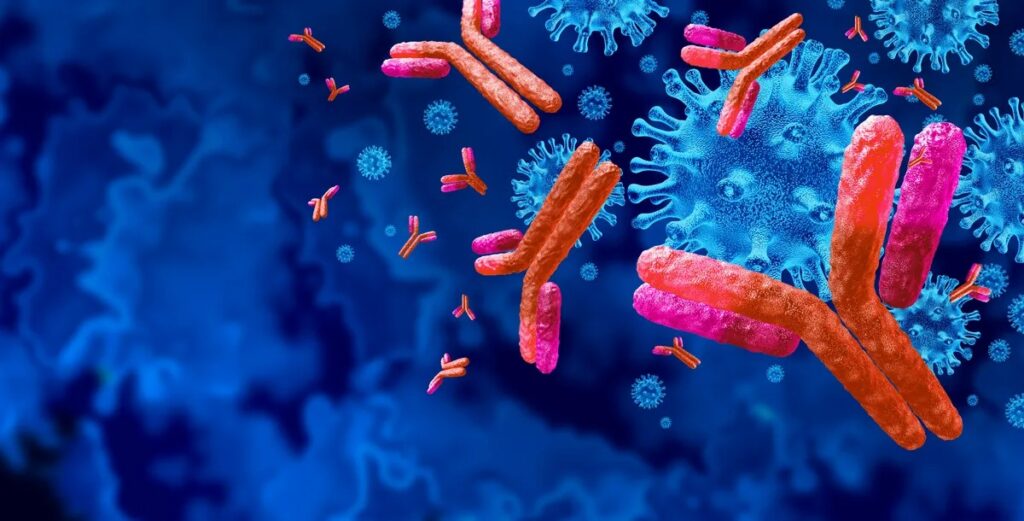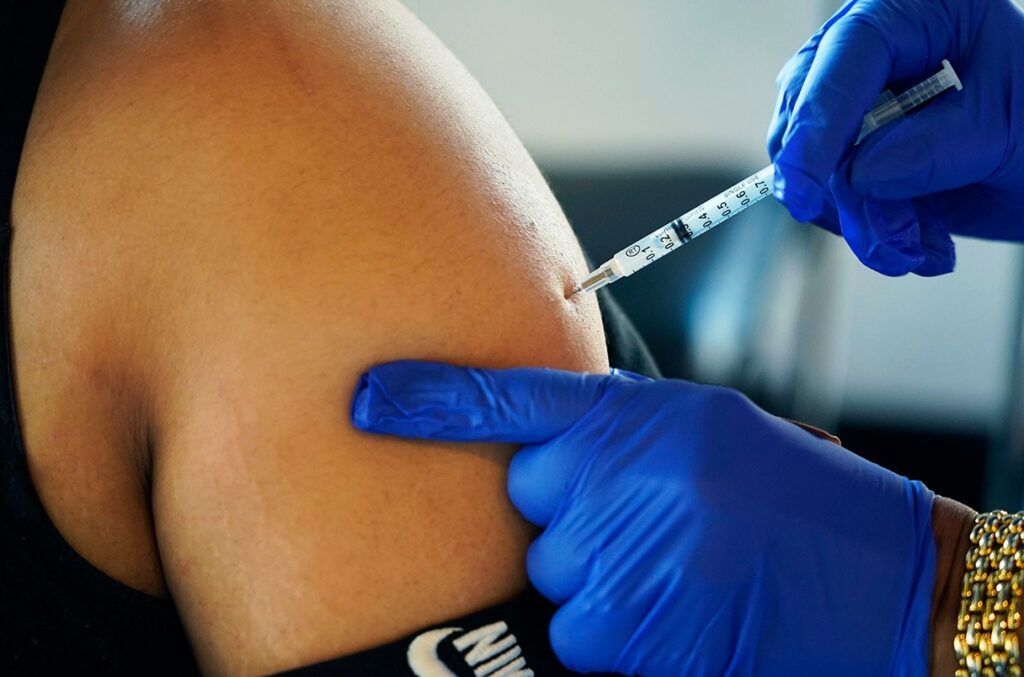
In the ongoing quest to enhance public health, a groundbreaking study has introduced a pioneering approach to understanding vaccine longevity. This innovative research, published in Nature Immunology, reveals that a simple blood test could soon determine the timing for vaccine boosters, potentially transforming how we manage immunization schedules.
Vaccines stand as pillars of modern medicine, drastically reducing mortality rates and eradicating diseases such as smallpox. However, not all vaccines confer long-term immunity, necessitating periodic boosters. The key to understanding this variability lies in the immune system’s response, which has puzzled scientists for years.

The recent study spearheaded by Professor Bali Pulendran of the Department of Microbiology and Immunology delves into the immune system’s intricacies. By analyzing blood samples from individuals vaccinated against H5N1 bird flu, researchers identified a specific molecular signature within RNA fragments of platelet cells. This signature correlates strongly with the longevity of the vaccine’s effectiveness.
What sets this discovery apart is its potential application across various vaccines. Data from 244 participants inoculated with different vaccines, including those for flu, yellow fever, and COVID-19, consistently showed this molecular signature as a predictor of durable immunity. This finding suggests a universal method to anticipate vaccine efficacy, simplifying booster schedules and enhancing vaccine development.

The future implications are profound. Pulendran proposes a “vaccine chip,” a PCR-based assay, to quickly analyze gene expression post-vaccination. Such a tool could predict the need for a booster shot, streamline vaccine trials, and accelerate the rollout of new vaccines.
As we continue to battle infectious diseases, this research offers a beacon of hope. It not only promises to improve individual health outcomes but also paves the way for more efficient public health strategies worldwide.

Leave a Reply